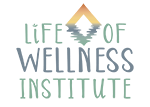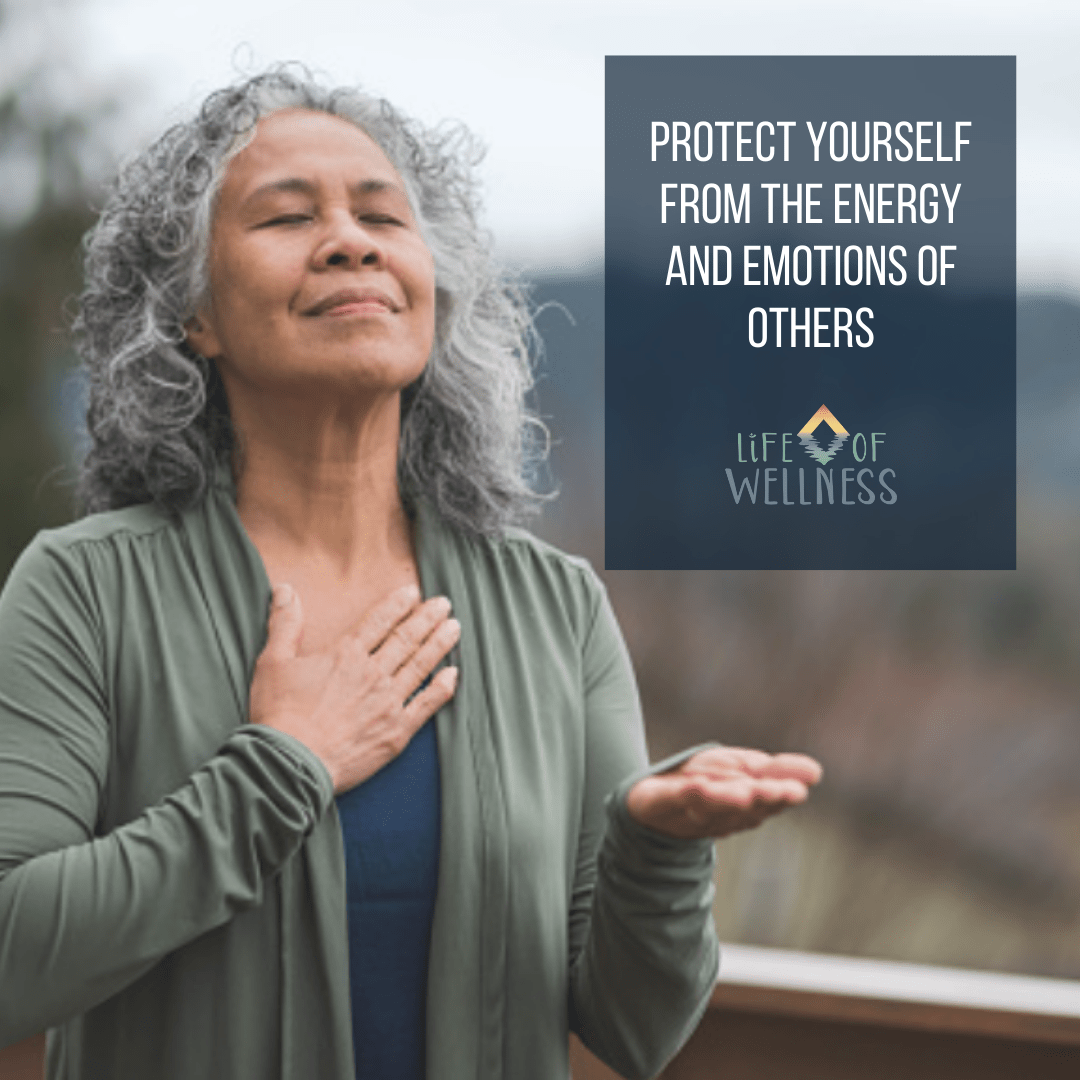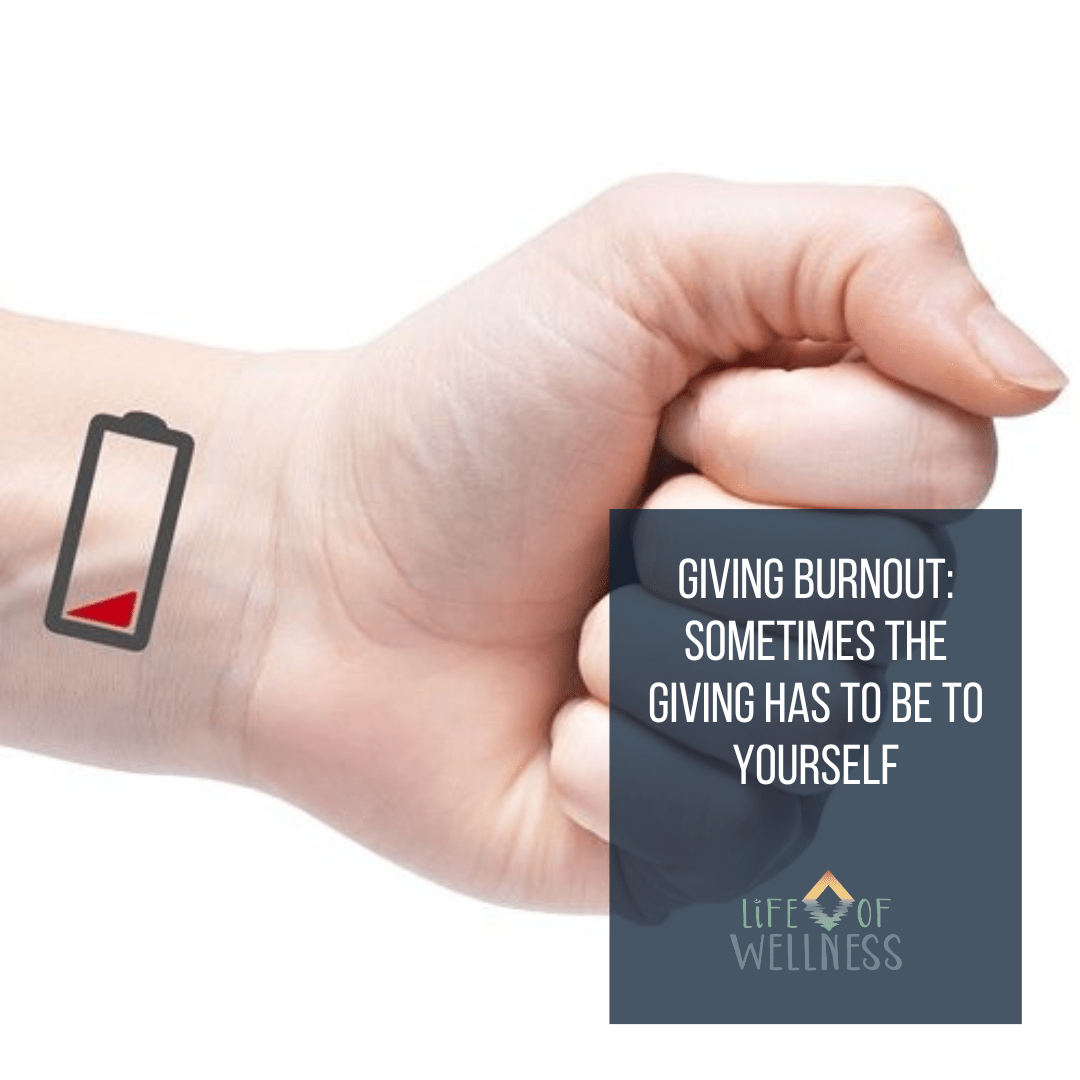Is Yoga a Cure for Mental Health?
The answer is NO, period. Yoga is not a panacea. Not for mental health, physical health, or emotional health. I can not stress this enough!
The hard truth is that some in the yoga community sell yoga as a cure-all and their opinions as the wisdom of higher consciousness. It is a story that is as old as time, not just in the yoga community but in the history of humanity. It results in the distortion of the very practices and wisdom of yoga that bring union with self and all surrounding us to justify unethical and harmful behavior. Unfortunately, the source of this behavior has led to significant harm. There are many well-known examples, such as Swami Satchidananda, Kausthub Desikachar, Rodney Yee, and Bikram Choudhury, whose victims tell their stories in the Netflix documentary Bikram: Yogi, Guru, Predator. While these are disturbing and extreme examples of how much harm this behavior can cause, the source is the same.
Spiritual Superiority
Not surprisingly, in a recent study, there is correlation in forms of spiritual training to narcissism and “spiritual superiority”. (Read more here: An exploration of spiritual superiority: The paradox of self-enhancement.) This spiritual narcissism results in “the misuse of spiritual practices, energies, or experiences to bolster self-centered ways of being.” This behavior creates situations “in which the individual believes he or she has become somehow enlightened in a way that others have not and operates from a disconnecting stance of spiritual superiority.”
Guru superiority deeply enhances the already existing power dynamics in teacher-student relationships. This results in the theft of agency and autonomy and ultimately causes more suffering. It often includes advising out of scope of practice and expertise and without ethical intake procedures. This is not a new challenge. Organizations like the Yoga Alliance have taken many preventative actions in recent years. Unfortunately, there is much work still to do! It is often complicated by a lack of critical thinking, challenging the appropriateness and validity of teachings and teachers, and infiltration of conspiracy theories in wellness communities. Click here to find out more.
The Dangers of Spiritual Superiority
The narcissistic guru relationship often causes further trauma, mental health decline, and self-loathing. Unfortunately, the urgency to feel better makes us highly susceptible to these “healers” and the promises they are unable and often ill-equipped to deliver. Combined with the distorted thoughts of mental health disorders which often cause us to lose trust in ourselves—this combination is like gas to a flame. Even when we see the signs, we may not trust our instincts. The guru sees this as an opportunity to prove we need them even more. This guru leaves us feeling rushed, pushed, sold to, and we don’t know what we need.
We feel like we NEED them to recover and reach our goals. Or their goals for you! We place them on a pedestal because they appear more intelligent, wise, and experienced. This is in part to the superiority they embody but also a symptom of how we see ourselves. Our boundaries are too low when we believe we are broken, not enough, or worthy of quality care while desperately wanting to feel better.
Choosing a Client-Centered Practitioner
So, before we even dive into the benefits of yoga, let’s talk about client-centered practitioners!
A client-centered practitioner is not focused on what service they can sign you up for or their wisdom. Therefore, they won’t tell you what you need and why you can only get that from them. (Classic signs of the narcissistic guru behavior). They don’t see broken. Instead, client-centered practitioners see people as a whole and complete human beings experiencing tender human experiences.
They actively listen to you with curiosity seeking to understand your experience and goals. Their approach is heavily grounded in explicit informed consent and co-created actions. And the client is a critical partner in decision-making because the practitioner believes you are the expert in being you. The practitioner’s expertise is not used as leverage but as a responsible, ethical guide to the process. The focus is ALWAYS on meeting you where you are and creating opportunities for self-discovery, self-care, compassion, empowerment, advocacy, autonomy, and self-determination. The general feelings experienced when working with a client-centered practitioner are being heard, understood, trusted, and cared for. Your relationship is grounded in mutual respect and trust. You should feel supported, even when facing resistance, especially when challenging maladaptive behaviors. You benefit from the practitioner’s experience and wisdom without lessening your self-worth.
Client-Centered Care and Recovery
Client-centered practitioners are better partners, and the environment they create with you helps you feel safe. We MUST feel safe to explore our somatic experience and trauma, learn coping skills, face the highs and lows, and ultimately recover. We need people on our team focused on what is best for us. Practitioners who can adapt their approach for our benefit. Who sits with us in our resistance and holds space for working through it without attachment to the result.
We need caring professionals on our court, working with us and focused on helping us reach our recovery goals. Who responsibly helps us explore our experiences as we learn to cope and self-regulate. Who understand the emotional cycles and rollercoasters of shame, pride, resistance, acceptance, love, and loathing. And sits with us when this darkness comes with compassion and helps us find our way to safety.
Resources
- Eat Breathe Thrive: Helping individuals overcome eating disorders by providing skills and resources for mindful eating, emotional resilience, and positive embodiment.
- Mindful Yoga Therapy for Veterans: Helping Veterans and their families find a calm and steady body and mind to continue productive and peaceful lives through the support of the mindful practices of yoga and education.
- Prison Yoga Project: Supports incarcerated people with trauma-informed yoga and mindfulness practices to promote rehabilitation, reduce recidivism, and improve public safety.
- Yoga for 12 Steps of Recovery: Y12SR ‘s Holistic Model is designed to Address the Physical, Mental and Spiritual Dis-ease of Addiction.
- Yoga 4 Cancer: Provides an evidence-informed Oncology Yoga method tailored to address the specific physical and emotional needs left by cancer and cancer treatments.
Educational Resources
- Stress and trauma-informed care training. A strengths-based framework grounded in the understanding and consideration of the pervasive nature and impact of stress and trauma.
- BE K.I.N.D. Embodied Wisdom Methodology (TM)
- Trauma-Informed and Body-Neutral Certified 200-Hour Viniyoga Teacher Training
- Certified 300-Hour Advanced Yoga and Ayurvedic Somatic Coaching Training
Continue reading Life of Wellness Blog
Disclaimer:
No content on this site, regardless of date, should ever be used as a substitute for direct medical advice from your doctor or other qualified clinicians.




The whole secret of a successful life is to find out what is one’s destiny to do, and then do it.